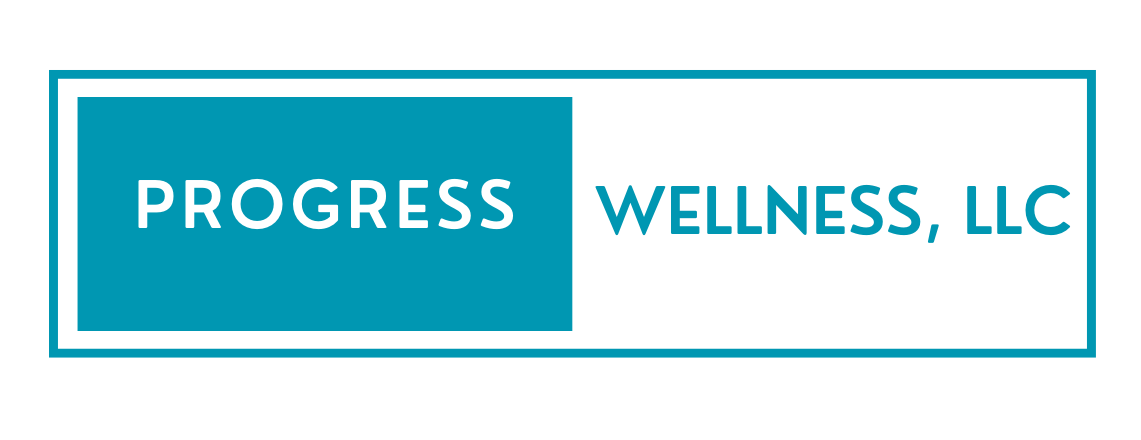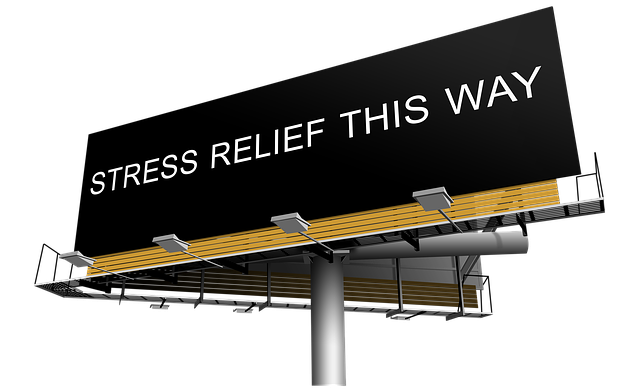We’re heading into another season, and it’s one that people either love—for all the pumpkin everything, leaf-peeping, and fun layered clothing options—or feel a sense of dread because of the cold weather and decrease in daylight which can really impact mood.
However, no matter what camp you fall into, whether you struggle with fall or you tend prance through the leaves and snow feeling happy, I encourage you to think about coping skills that might help you manage through what might be a particularly challenging change of seasons for everyone.
That’s because this fall may be very different from what we’re used to. It may be harder to visit loved ones outside, cold-weather activities (both indoor and outdoor) may be harder to do, and another stay-at-home order could happen unexpectedly in many communities.
When you can see a potential challenge like this coming down the pike, one of the best strategies to employ is coping ahead. Coping ahead is a strategy that will leave you feeling more in control of your emotions and better able to get through any challenges you might face. That’s because you will be going in prepared.
Once you have your toolbox of skills, incorporate them into your schedule now so your mood is more protected later on. If you do start to feel depressed or anxious, those habits will help cushion you, possibly preventing an extreme mood swing.
Here are some strategies you can practice for coping ahead over the next month.
Wake up at the same time every day. Consider having something fun to look forward to that helps with that process—a cup of coffee, your favorite breakfast, a hot shower, a call with a friend or family member. Keeping your sleep schedule consistent and having a routine in the morning will help your mood.
At the beginning of each day, ask yourself how you want to take care of you. Each day can bring a different answer based on what you need, which means you may have to use a different skill (which will help you keep them fresh). And asking yourself this question means that you are making yourself a priority!
Stay connected to your people. Those could be friends, family, loved ones, or your therapist. Plan a FaceTime call, online games with friends, or socially distant walks if that’s an option. Even if you feel like you don’t have the time, make the effort to stay connected. Depression and anxiety want you to isolate. And if you listen to them, those emotions will take over. If you truly don’t have the energy to leave your house or really don’t feel like talking, think about texting someone or FaceTiming over a movie. This will help you keep that bridge of communication open and help fight off any negative emotions without draining you.
Think about anything you can do that will create structure (outside of work) in your day-to-day and also holds your interest. Some ideas are taking an online class, joining a virtual book club, getting involved in a local association, or starting a recipe book. Think about what would help you create fun structure during your day, and then give it a try. Many of these activities may still be virtual, but seeing others (even over video) and having something to look forward to outside of the daily grind can have a positive impact on mood, especially as it’s getting darker out and we have to remain physically distant from each other.
If you like any of the skills above, write them down! Having a visual representation of your coping ahead toolbox will make it that much easier to access and remember to use. Put that list on your fridge, your desk, or even on your phone or laptop.
Remember: We are all in this together, and I am right there with you.




